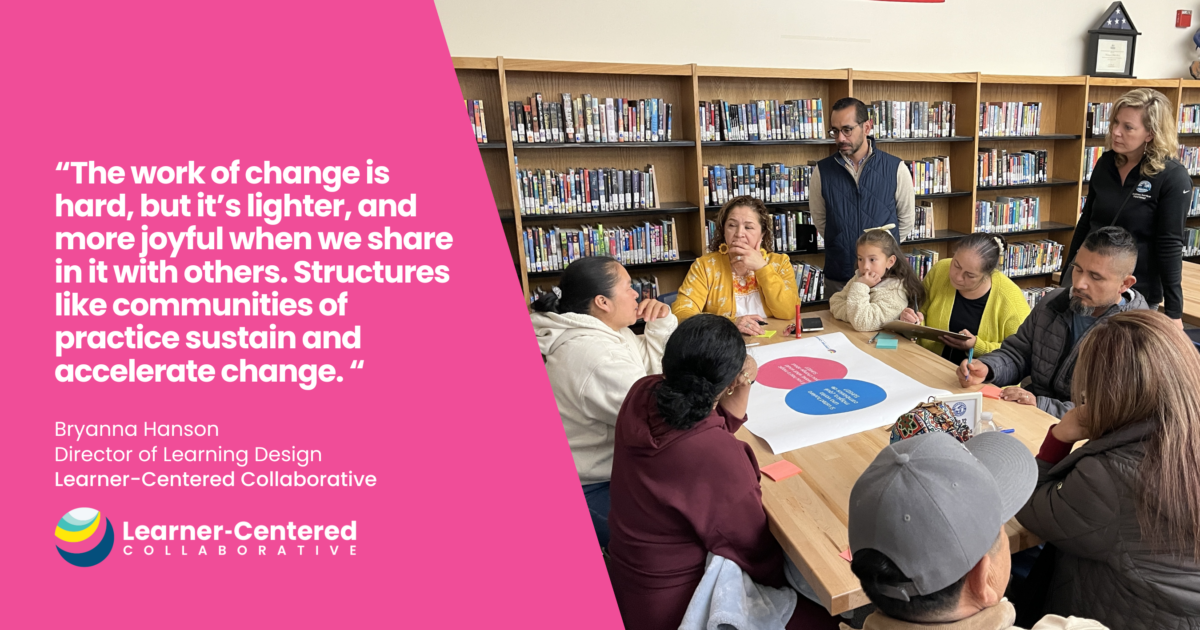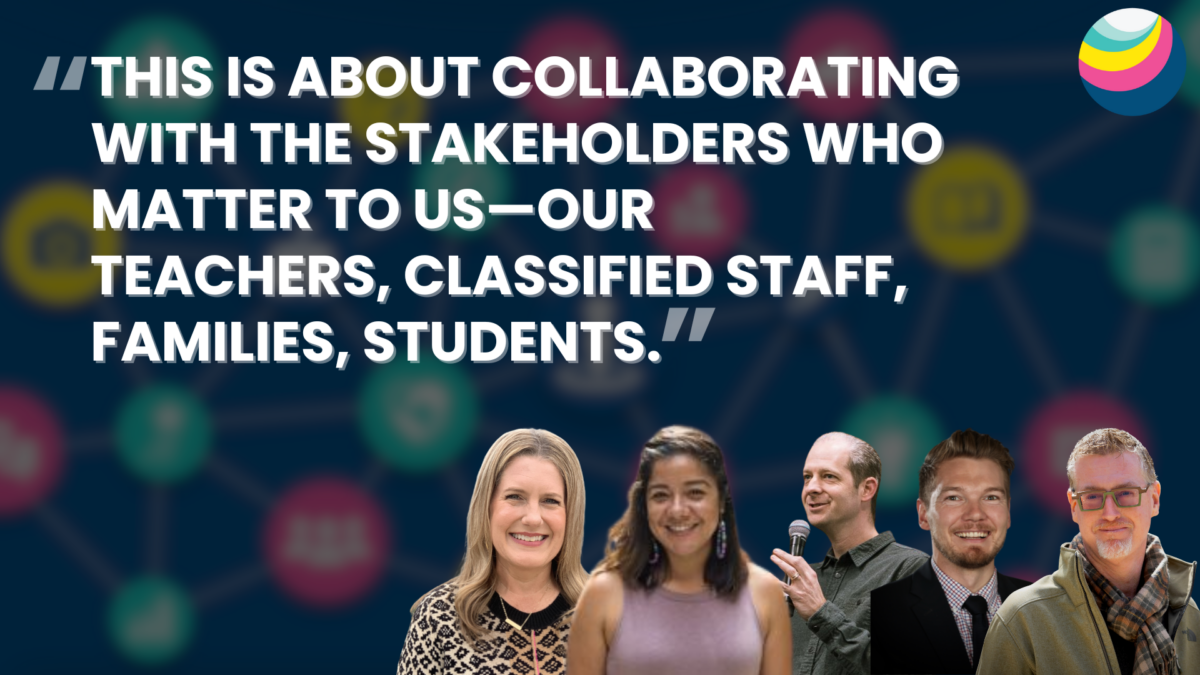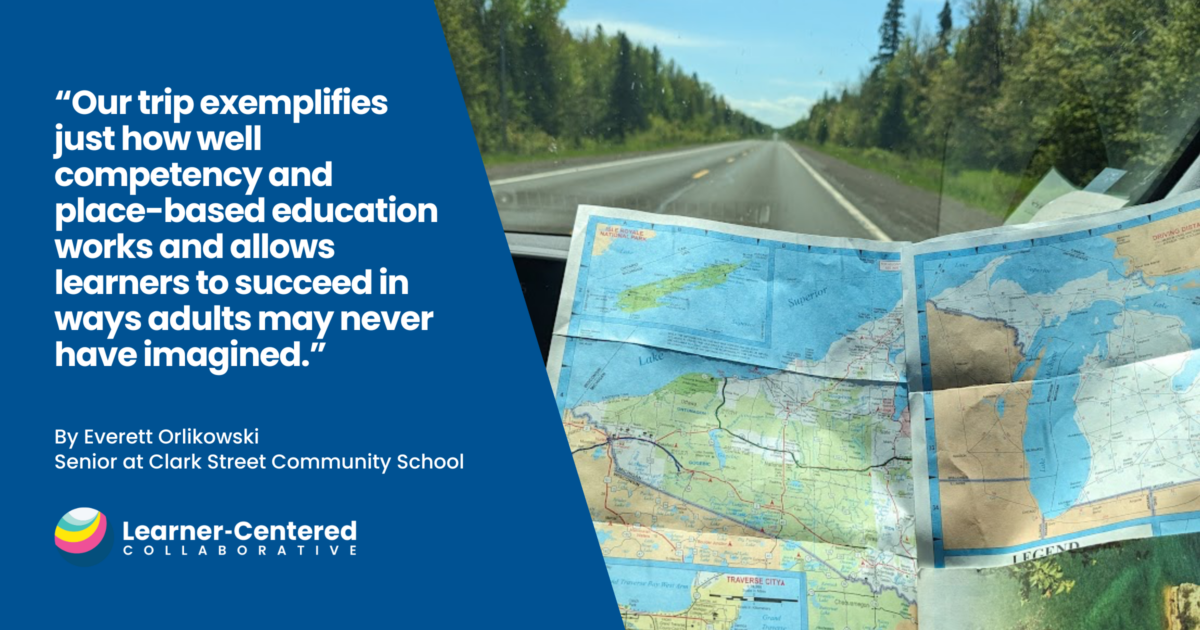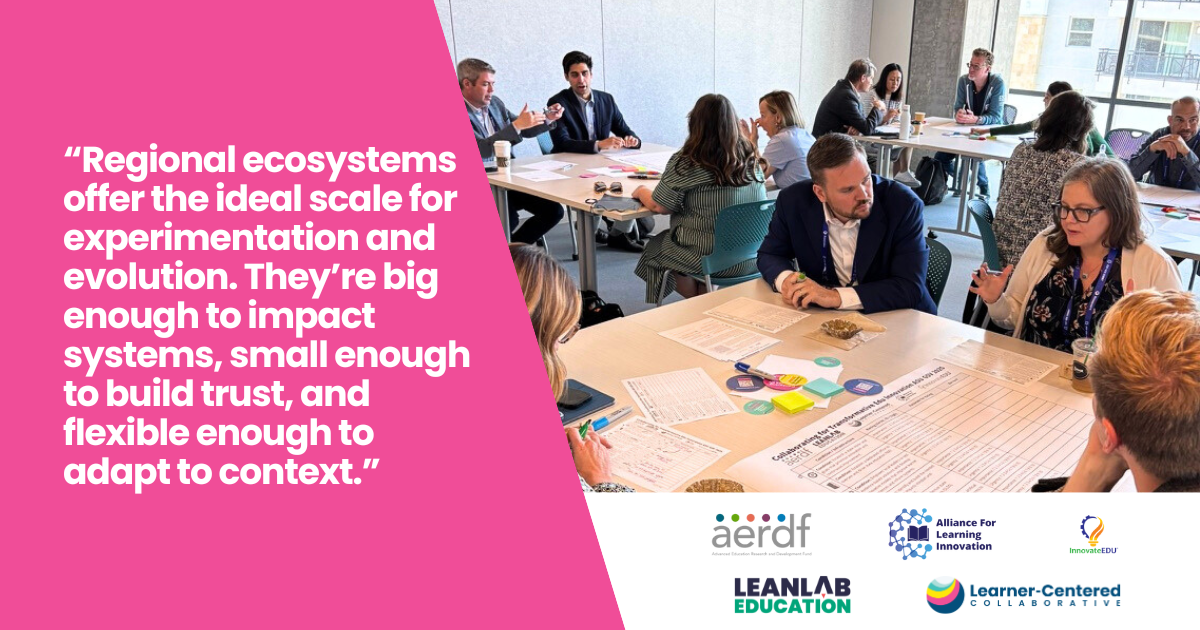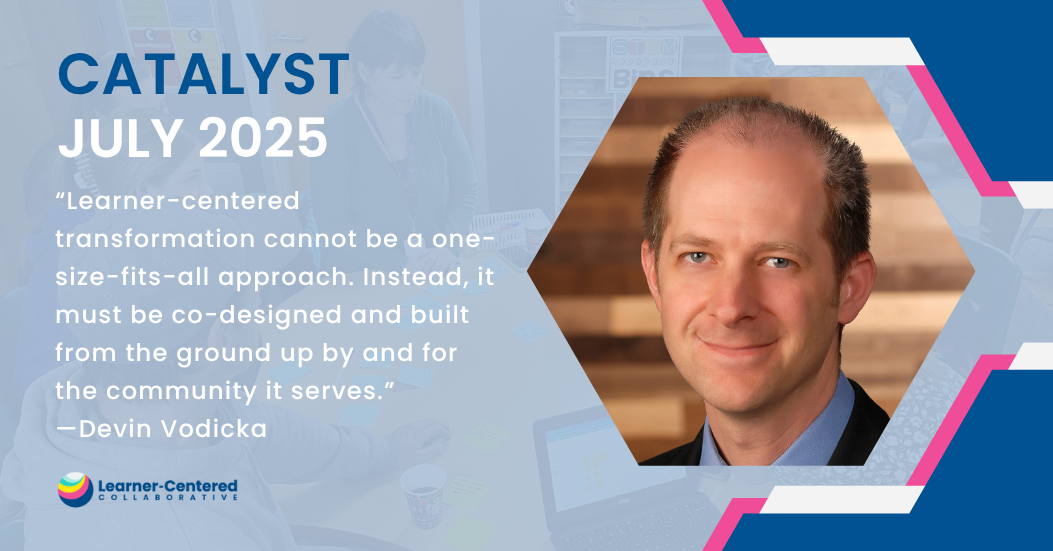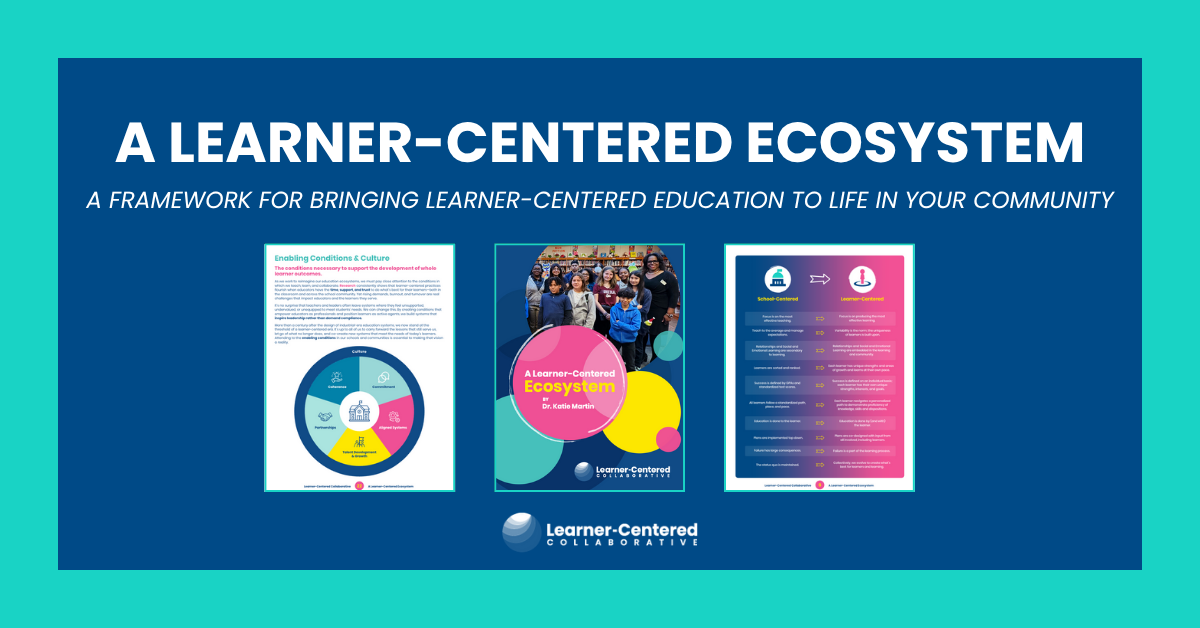Capstone Projects
Overview
A capstone project is a culminating project, usually done in a learner’s final year at a school or in a program, that allows them to apply the knowledge and skills they’ve gained throughout a course, program, or educational experience. Typically, it is comprehensive, often interdisciplinary, and requires learners to engage in critical thinking, problem-solving, and creativity.
The purpose of a capstone is to provide a meaningful, authentic opportunity for learners to demonstrate their learning in a real-world context. It’s beneficial for learners because it encourages deeper engagement with the content, fosters self-directed learning, and builds important skills like communication, collaboration, and reflection, which are valuable in both academic and professional settings.
Bright Spots
Embedding Capstone in Advisory

The Cañon City High School Capstone Project is a transformative, culminating experience designed to showcase learners’ skills in math, language arts, and essential workplace competencies. Through research, hands-on projects, artistic endeavors, and experiential learning, learners apply their knowledge in real-world contexts. Each Capstone includes a portfolio, an oral presentation to a panel of educators and community members, and a showcase at the Senior Capstone Expo. This journey challenges learners to push beyond what they already know, fostering growth and new learning. Learners build toward their Capstone experience through their advisory programming (9-12), which helps them develop key skills, explore interests, and prepare for this culminating project. Explore the Cañon City High School Capstone website here to learn more!
Capstones as a Graduation Requirement
By loading this video, you agree to the privacy policy of .
At Green Mountain High School, the Capstone Project is a transformative senior experience where learners pursue a passion, explore career interests, and contribute to their community. Whether through the Academy Capstone or the STEM Capstone, learners engage in independent, real-world learning that prepares them for college and careers. This project challenges them to think critically, grow personally, and apply their skills beyond the classroom. Learn more about Green Mountain High School’s Capstone on their website here and explore their handbook here!
Students Become Changemakers
By loading this video, you agree to the privacy policy of .
The capstone experience at Albemarle High School invites students to tackle a real-world problem, do research and present a solution, becoming changemakers in the process.
Questions to Consider:
- What is our vision for capstone projects? How do they align with our Portrait of a Learner and broader learning goals?
- What skills and competencies should learners demonstrate?
- How might we structure the capstone experiences? Will they be independent projects, tied to pathways, or integrated into coursework?
- What support systems will learners need? How might we provide mentorship, checkpoints, and resources throughout the process?
- How might learners showcase their learning? Will there be presentations, portfolios, exhibitions, or other forms of demonstration?
- What role will the community play? How might we engage local businesses, professionals, and organizations as mentors or partners?
- How will we assess and evaluate capstones? What criteria, rubrics, or processes will ensure high-quality and meaningful learning?
- What flexibility will learners have in designing their projects? In what ways can they choose topics, formats, and methods that align with their passions and goals?
- How will we measure success and refine the process over time? What feedback loops will help us improve the capstone experience year after year?
